Leaders call for big effort to deliver economy a confidence boost
Business is hoping for more than a nuanced document, rather a big hit to spur growth.
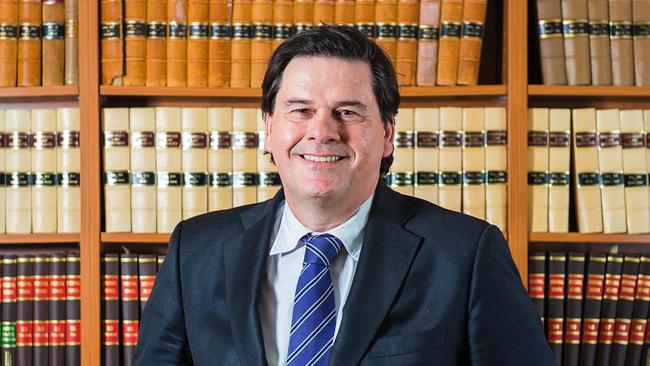
Business leaders are sweating on Tuesday’s federal budget, arguing it needs to work harder than ever to deliver a “critical” shot of confidence with a range of stimulatory measures to help the economy recover.
As Australia faces the sharpest slowdown since the Great Depression with the economy crunched from COVID-19 lockdowns, business is hoping for more than a nuanced document, rather a big hit to spur growth.
“Confidence is king,” Master Builders Australia chief executive Denita Wawn told The Weekend Australian. “The big issue for us is government creating the right parameters so that people are confident in spending money.”
According to Mark Steinert, chief executive the $10bn property major Stockland, the budget will be an opportunity to generate alignment across different levels of government for planning and transport infrastructure investment and help speed up projects.
“Next week’s budget is a critical one for Australia, and we would like to see a continued focus on jobs creation and measures to help more Australians gain credentials to secure employment,” Mr Steinert said.
“Given low interest rates, it’s also a good time for strong investment in infrastructure projects, onshore manufacturing opportunities and innovation initiatives to help stimulate the economy and further generate local jobs.” Innes Willox, chief executive of the national employer association AI Group, said further fiscal measures were needed to ward off a more severe downturn.
“Employers are looking to the budget for measures that assist and secure the recovery of activity, confidence, investment and employment in the wake of the COVID-19 crisis,” Mr Willox said.
“The challenge to deliver for the community amid the worst recession since the 1930s cannot be underestimated. Further fiscal measures are required before this job of warding off a more severe downturn is done.”
Mr Willox said the fiscal stimulus measures so far had been critical to ensuring that the level of joblessness and business failure would not be “substantially greater than we have experienced”.
“The human, economic and fiscal costs we have experienced during the COVID crisis would have been much higher without the stimulus already delivered or announced,” Mr Willox said.
The low levels of federal debt compared to other countries around the world and expectations of continued low interest rates “should give the government confidence to make the big investments needed”.
Business is looking for a range of measures from the budget, including a boost in infrastructure spending, faster introduction of personal tax cuts, an extension of the JobSeeker program beyond the end of the year and more aggressive moves to accelerate planning approvals as well as a continued push to open up state and international borders.
Further signs of a stalling economy emerged on Friday as Victorian retail spending plunged 13 per cent in August as Melbourne’s lockdown forced businesses to close and shoppers to stay at home.
The state’s heightened restrictions, which included curfews in the capital and limits to how far residents could move from their homes, helped end a three-month retail recovery as national turnover fell 4 per cent in the month, according to seasonally adjusted figures from the Australian Bureau of Statistics.
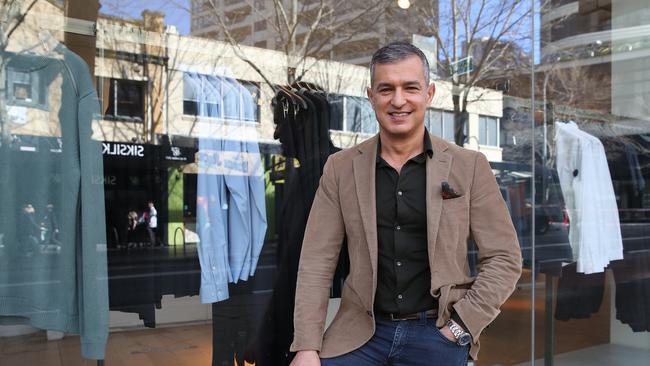
While Victoria recorded the largest falls, the lull in spending growth also affected the two other big east coast states, with turnover falling by 2 per cent in NSW and 1.1 per cent in Queensland.
“Budgets aren’t just about fiscal plans, stimulus and winning over political points with voters,” Australian Retailers Association CEO Paul Zahra said.
“They’re about instilling confidence with the general public, that the government has their best interests in mind, especially during difficult times.
“If consumers are certain about the roadmap handed to them, they’ll likely be more comfortable spending through a crisis.”
Business Council of Australia president Tim Reed welcomed measures announced on Friday to remove regulation and red tape affecting business.
“The speed and strength of our recovery hinges on the ability of business to get back on its feet, invest and hire new workers,” Mr Reed said.
“We applaud the government to embed a deregulation agenda in government and the recognition that removing any unnecessary obstacles to job creation, while keeping people safe, is a fundamental part of the recovery.”
Master Builders’ Ms Wawn would like to see the government extend its HomeBuilder scheme, which is due to expire at the end of December, for another year, and an expansion of the program to other sectors of the building industry, particularly commercial property, which has been hardest hit by lack of economic confidence.
“Anything the government can do to stimulate economic recovery as quickly as possible, so people feel more confidence about investing in property, the better,” she said.
The Australian Retailers Association is calling on the government to use the budget to “spend its way out” of the recession, with the latest retail sales figures showing a slowdown in August with Victoria particularly hard hit.
“The ARA is hoping to see strong stimulus measures in next week’s budget,” Mr Zahra said.
Personal income tax cuts
The ARA is pushing the government to bring forward personal income tax cuts and extend the JobSeeker payment for the unemployed beyond December.
“Personal tax cuts — especially for those on lower incomes — are a valuable stimulus measure as they unlock greater discretionary spending power,” Mr Zahra said.
“History tells us those on lower income levels, such as minimum wage earners, will spend almost every dollar whereas others are more likely to save.”
The ARA wanted to see more clarification about the future of the JobSeeker payments beyond the end of the year in the budget. While the payments have been reduced from September, they are due to return to original Newstart levels by the end of the year.
“Allowing that to occur will be catastrophic for the current and newly unemployed and also for our economy more broadly,” Mr Zahra said. “With one job for every 12 people, JobSeeker payments will be a lifeline.”
The ARA is arguing that extending the higher JobSeeker payments beyond the end of December would be particularly stimulatory as social security recipients spend an estimated 58 per cent of their payments on retail goods or services.
It is also calling on the government to provide incentives for retailers to claim back expenses from COVID-safe store modifications and hygiene measures and incentives to help retailers expand their online capacity.
Mr Zahra welcomed the government’s announcement on Friday that it would providing a range of new tax concessions for small businesses, including allowing eligible businesses to immediate deduct some start-up and prepaid expenditure, exemption from the fringe benefit tax on carparking and new measures regarding business loss carrybacks. “The loss carryback measures may provide valuable support for retailers that were running successful businesses before the impact of COVID,” Mr Zahra said.
“As we have seen from the protracted Victorian lockdowns, many retailers have, through no fault of their own, found themselves in a loss-making situation with mounting debts. “This measure may allow those businesses to bolster their cash reserves.”
The Ai Group is calling on the government to bring forward personal tax cuts, including lifting the upper threshold of the 19 per cent tax rate from $37,000 to $45,000 and reducing the rate on incomes between $45,000 and $90,000 from 32.5 per cent to 30 per cent.
It also wants the government to bring forward changes to the Low-Income Tax Offset and Low and Middle Income Tax Offset by six months and extend the reduction to 25 per cent in the company tax rate, that is scheduled to take effect from next July for businesses with turnover below $50m, to companies with turnover of less than $1bn.


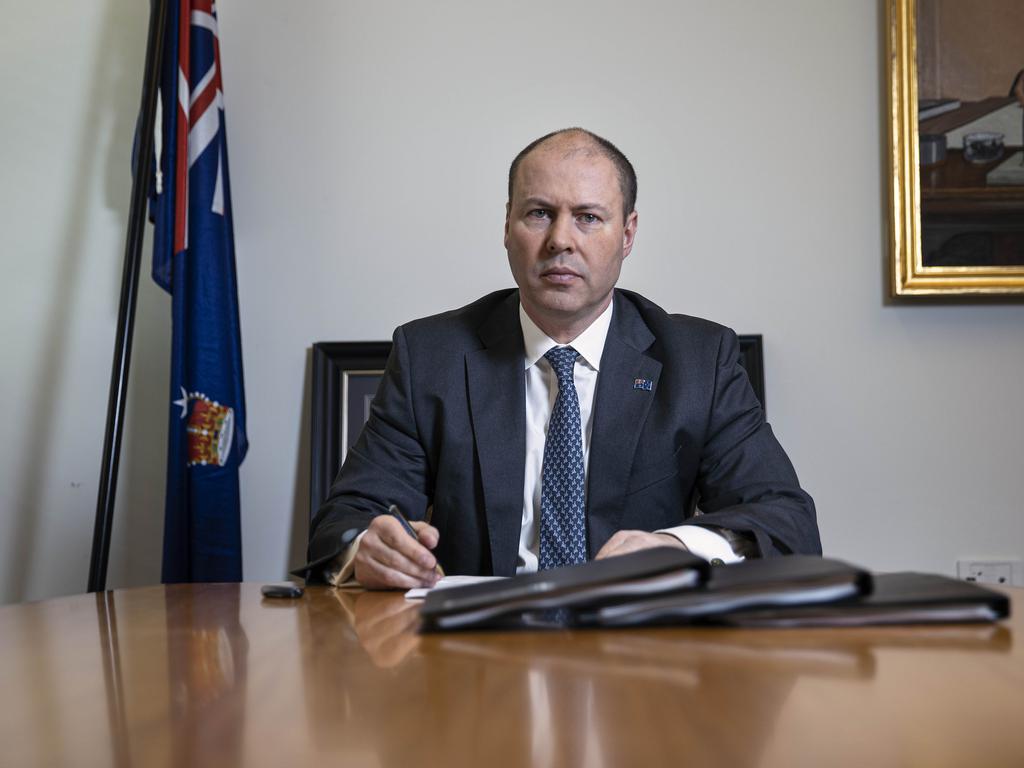

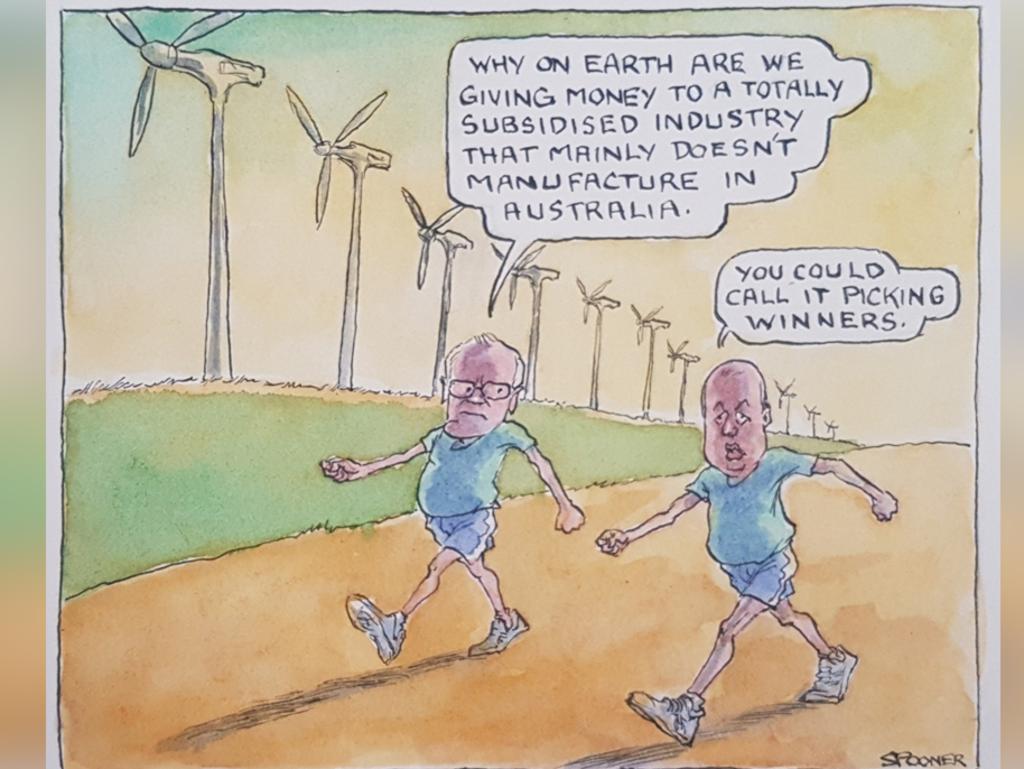
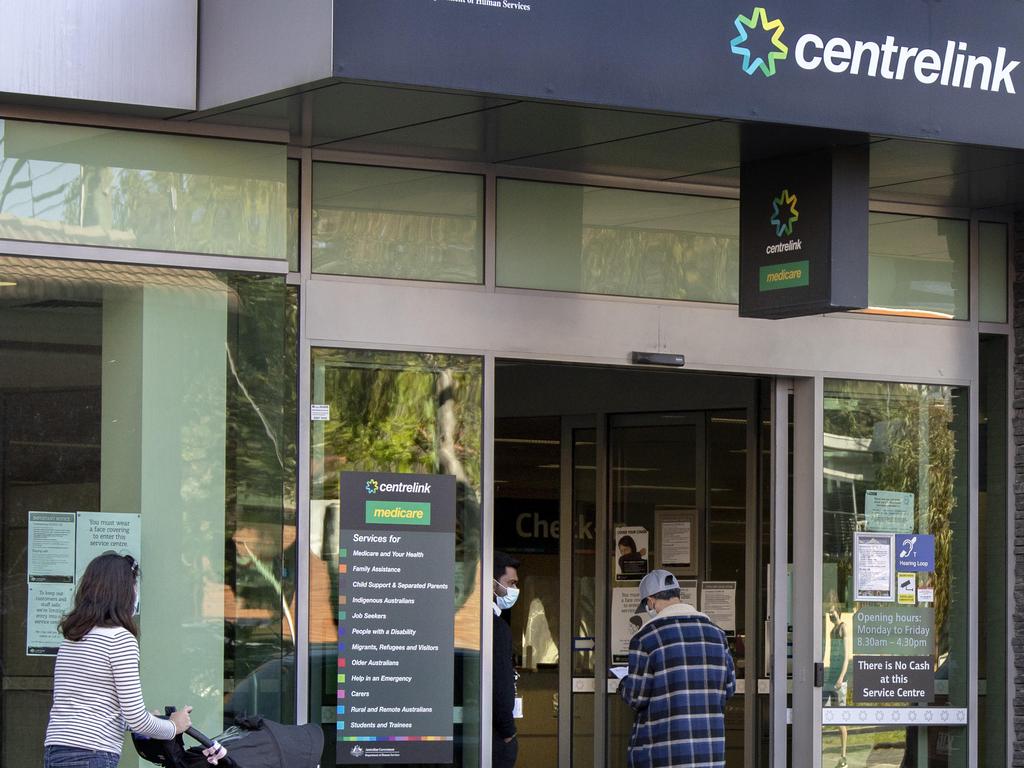


To join the conversation, please log in. Don't have an account? Register
Join the conversation, you are commenting as Logout